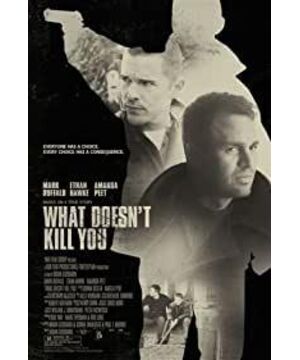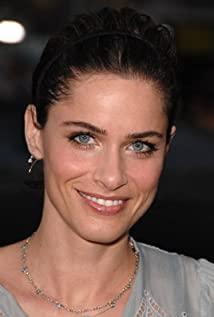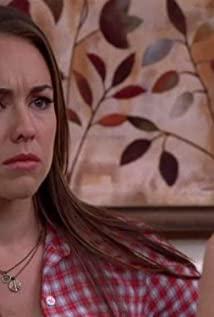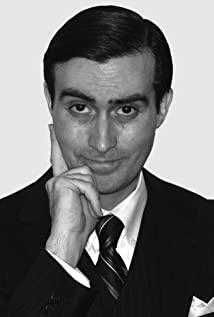Life is like flowing water in many cases, from high to low, always unable to control oneself. We are all doing things that we think are easier. That kind of undercurrent oppresses you and makes you too late to think, or you have never planned to think.
Brian finally chose to quit, because he finally learned to cry, not cowardly, but a real perception, because he cares, because he feels needed, the belonging he truly feels in his heart, no longer lonely, emptiness, or fear , Because at that moment, or just at that moment, he was really thinking about what he wanted after all.
Regarding the different endings between Poly and Brian, the director also expressed more from the perspective of family responsibilities, fully affirming the role of the family in establishing individual values and guiding thinking.
On the whole, the time span of the film is relatively large, but the distribution of the stages is not very good, it does not reflect a good sense of vicissitudes and the heavy texture of life, the character of the character is symbolized, and Brian’s last change is not too much. A place that shines. But the performances of Marco Ruffalo and Ethan Hawke are still worthy of recognition.
View more about What Doesn't Kill You reviews











